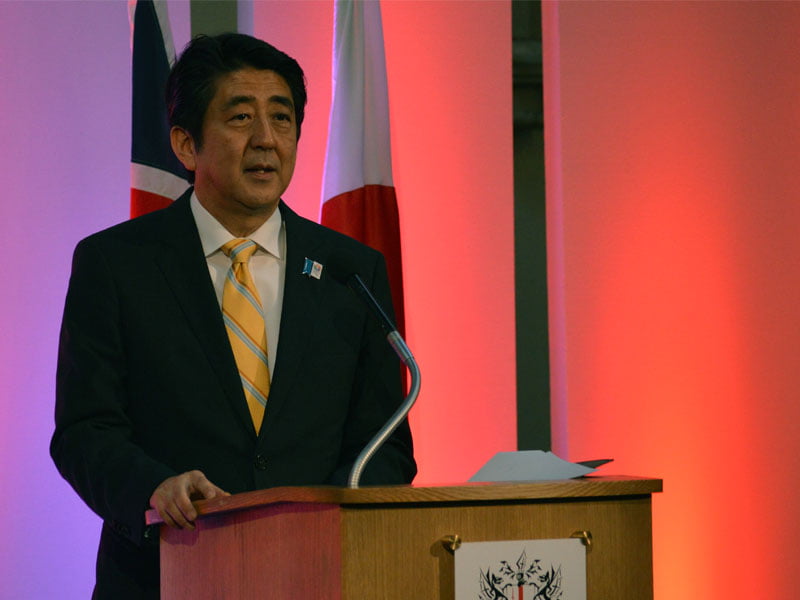Quite unexpectedly, Malcolm Turnbull made a quick dash to Tokyo last week for a one day visit to see his Japanese counterpart Shinzo Abe: his first visit to North Asia.
Unexpected, perhaps, but not a surprise. Japan has been a long-term ‘friend’ of Australia for many decades, and an important trade partner. In 2009 it was overtaken by China as this country’s major investor, and, more recently, it was upgraded as a defence ally.
And diplomatic advice to new residents of The Lodge has long been to visit ally Japan ahead of China.

In recent years Japan has suffered, as it were, in comparison to China. Australia was obsessed with the country during the 1980s, but in the past decade it’s been China, China, and China. Even so Japan is still the world’s Number Three economy, and Australia’s Number Two trading partner.
There’s plenty going on between Australia and Japan. The Free Trade Agreement had barely been inked and immediately Japan Post made the stunning $8 billion takeover of Toll Holdings, which alongside privately held Linfox has become one of Asia’s most innovative logistics groups.
There’s defence too of course, with Japan one of three countries (the others are Germany and France) bidding to build Australia’s next generation of submarines.
Mr Turnbull took the whistle stop trip to parade, and hit the jackpot on his visit to Miraikan – Japan’s Museum of Emerging Science and Innovation – by clicking a ‘selfie’ with cutting edge robot Asimo.
“I was so excited to meet Asimo, my first robot. My first robot I’ve shaken hands with, first robot I’ve taken a selfie with. Perhaps next time he can take a selfie of us,” Mr Turnbull said.
Robotics is one of the much-heralded key sectors for technology in years and it’s an area where Japan is considered a world leader.
Other concrete moves made on the trip included a deal for Japan to recognise Australian university qualifications, a move the PM said would boost technological and economic ties.
But more broadly for Australian technology companies, Japan – and neighbouring South Korea – represent very significant (if not somewhat under-sung) opportunities. Both have been at the forefront of the consumer and industrial technology sectors for many decades, since South Korea’s chaebols successfully aped the Japanese corporate model.
Despite being one of the world’s most advanced economies, Japan’s agriculture sector – like much of Europe’s – has remained protected and somewhat trapped in the past. As the pressures on the country’s massive but still flat-lining economy continue, it will be forced to modernise.
AgriTech is a sector where Australia has a proven track record.
Regarding the submarine contract, there is also concern in defence supplier circles about Australia’s insistence at looking at a ‘pure submarine’ contract, when the trends in undersea defence are quickly moving the same way as air warfare.
The most significant navies of the world are leveraging new technology such as underwater drones and sensors, along with submarines manned with two dozen odd human beings.
Then, of course, there is the PM’s favourite part of the technology and innovation sector: startups, with Japan a huge source of funding for technology firms across the globe, highlighted by its leading technology investor Softbank.
A pithy summary of Mr Turnbull’s trip from a tech industry perspective could be a riff on the old fashion industry adage about the importance of black: That while China is very important this year, Japan is more important than ever.
Do you know more? Contact James Riley via Email.

